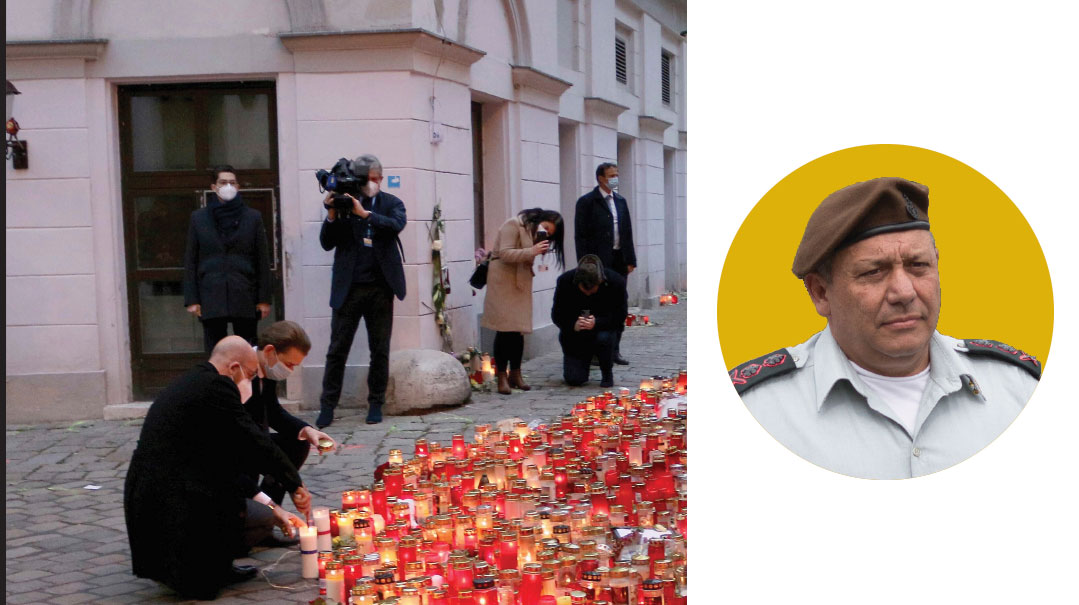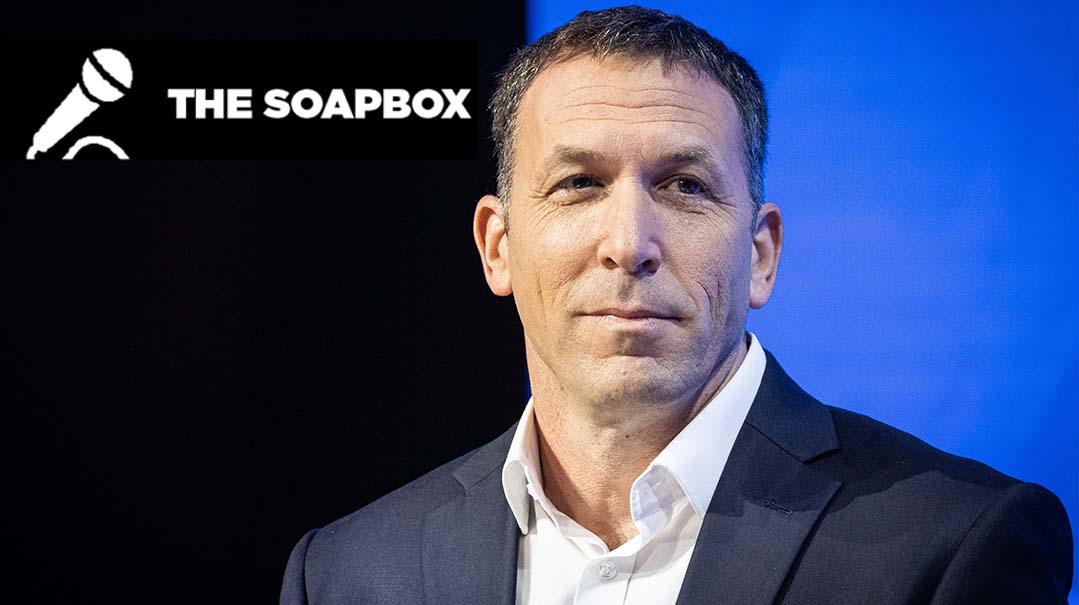Secularism Won’t Bring Security

Europe's Jewish communities — most at risk from Europe’s Islamists — becomes the first victim of the policy designed to protect them

The news this week that French authorities had charged a suspect in the 1982 attack on Jo Goldenberg, a Paris Jewish restaurant, reminded me of an early exposure to anti-Jewish hate. On a boyhood visit to Paris, I stared transfixed at the yellow circles painted around bullet holes in the window of another Jewish eatery in the Marais district, attacked a year before Goldenberg.
The impending trial of Walid Abdulrahman Abu Zayed, charged with the attack on behalf of the Abu Nidal Organization, a Palestinian terror group, was a reminder of some other things.
Firstly, just how long Europe — and primarily its Jews — have been threatened by Islamist terror. Long before 9/11, high security was the norm in Jewish communities across the continent.
Second, Abu Zayed’s extradition from Norway is a reminder of Europe’s long-running appeasement of radical Islamists. According to AFP, lawyers for his victims claim that French intelligence guaranteed the group it would not face prosecution so long as it did not carry out any more attacks in France.
The reminder of a decades-old tragedy comes as Europe’s security services are on high alert after a string of Islamist attacks. Less than two months ago, France was shocked when a Chechen refugee decapitated teacher Samuel Paty for showing cartoons of Muhammad in a class on free speech. That was followed by the killing of three people in a church in Nice, southern France. In what was seen as a “copycat” terror wave, two weeks later a terrorist rampaged around Vienna on a shooting spree. Some attacks hardly made the news: a tourist was stabbed to death in the German city of Dresden last month by a suspected Islamist. Just two weeks ago, a known jihadist knifed a woman in a department store in Lugano, Switzerland.
These attacks show that even if security services are no longer turning a blind eye to jihadism, the justice system is clearly not up to the job, releasing known threats back onto Europe’s streets. The Vienna attacker was a 20-year-old Islamist extremist sentenced to 22 months in prison for attempting to travel to Syria to join Isis, but released in December after just eight months. The Dresden attacker had just been released from juvenile prison a few days earlier.
And then there’s Europe’s reaction. Whether it’s Finland’s recently averted plan to ban milah, Belgium’s ban on shechitah last year, or French president Emanuel Macron’s push for assimilation of Muslim communities, they all share one thing in common. Europe sees greater secularism as the solution to a perceived Muslim threat.
But therein lies a great irony. The Jewish community — most at risk from Europe’s Islamists — becomes the first victim of the policy designed to protect them. In the name of security, European Jewish life is stifled.
That is unacceptable. In the battle against Muslim terror, Europe must find another way.
Massively increased resources to track and lock away known jihadi threats are the solution: collective punishment for religious life isn’t.
(Originally featured in Mishpacha, Issue 839)
Oops! We could not locate your form.













